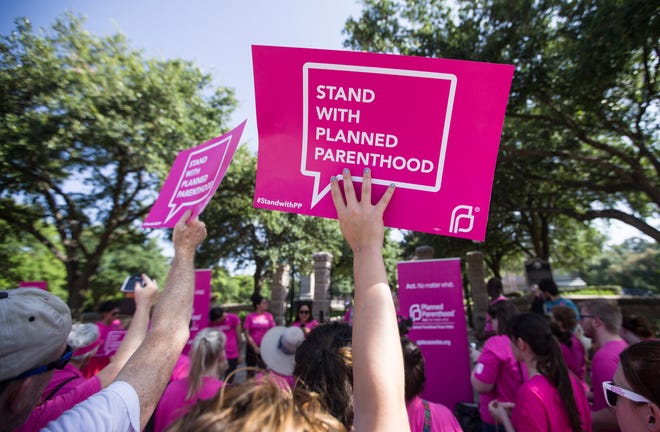TxPEP research on contraception focuses on:
 Changes in publicly funded family planning programs
Changes in publicly funded family planning programs
 Postpartum and post-abortion contraception
Postpartum and post-abortion contraception
 Contraceptive preferences
Contraceptive preferences
 Confidential services for minors
Confidential services for minors
Featured Publications
Meeting Preferences for Specific Contraceptive Methods: An Overdue Indicator, Studies in Family Planning, 2023
Insurance Churn and Postpartum Health Among Texas Women with Births Covered by Medicaid/CHIP, Women’s Health Issues, 2022
Minors’ Experiences Accessing Confidential Contraception in Texas, Journal of Adolescent Health, 2022
Short-acting Hormonal Contraceptive Continuation among Low-Income Postpartum Women in Texas, Contraception: X, 2021.
Research Spotlight: Changes in Publicly Funded Reproductive Health Programs in Texas: 2011-2021
Between 2011 and 2021, the state of Texas made multiple changes to the publicly funded reproductive healthcare programs it has administered. Legislative decisions aimed at excluding organizations that were affiliated with abortion providers, even though program funds could not be used for abortion care, adversely affected many specialized family planning organizations that served a high volume of clients. Read more on changes in family planning programs in Texas here.
Op-eds

“The current political climate, characterized by cascading threats to reproductive healthcare and autonomy, has revealed that obstacles to obtaining contraception could intensify if we do not take action to protect access.“
– We Must Secure the Right to Contraception, The Progressive Magazine

“Texas policymakers should be diligently working to shore up the reproductive health care safety net rather than creating unnecessary barriers to care and forcing patients to navigate an already fragmented health care system.”
– Poorest Texans Pay Steepest Price as Medicaid Shuns Planned Parenthood, Austin American-Statesman

“Access to birth control and reproductive autonomy should not depend on the religious or moral beliefs of who you work for. Our leaders have a duty to ensure policies are in place so that all people have equitable access to services. Birth control is no exception.”
– Reproductive Autonomy Shouldn’t Depend On Your Employer’s Beliefs, Austin American-Statesman.
SEE WHAT WE’RE UP TO

